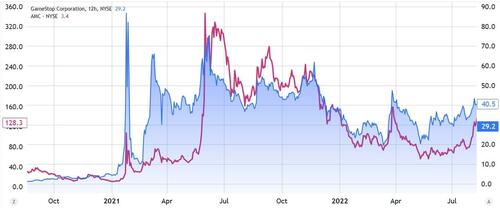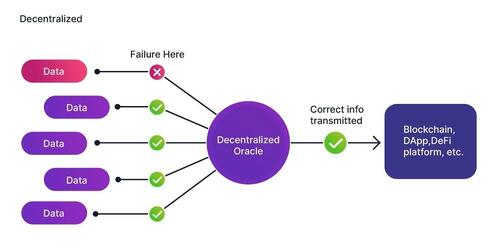Larry Fink, CEO of the world’s largest fund manager BlackRock, has expressed his hope that the US Securities and Exchange Commission (SEC) will swiftly approve the tokenization of bonds and stocks.
During a CNBC interview on Jan. 23, Fink strongly endorsed digital assets, underscoring their potential to democratize investments.
But, as CoinTelegraph's Marcel Pechman notes, the open question is whether this shift toward tokenizing traditional assets can benefit cryptocurrencies, which sectors might flourish, and which projects might face heightened competition.
There is no doubt that 24-hour worldwide trading and the transparency of blockchain technology bring advantages to assets such as bonds and stocks. However, this move relies on regulatory updates and approvals from relevant government agencies. More importantly, regulated assets may not align well with decentralized finance (DeFi).
Tokenization’s impact on stablecoins, memecoins, DeFi and decentralized oracles
Tokenizing bonds that produce stable yields could pose a challenge to stablecoins by providing a digital asset tied to real-world interest rates. This development would introduce new instruments into financial markets, competing for liquidity and user confidence as investors seek tangible returns.
Similarly, tokenized stocks like GameStop or AMC could function as onchain assets with volatile price fluctuations, backed by communities in a manner reminiscent of memecoins. This evolution might affect retail trading platforms as investors gravitate toward regulated but still speculative stock tokens rather than purely speculative memecoins.
GameStop (GME) and AMC Networks (AMC) in 2021. Source: TradingView / Cointelegraph
The integration of tokenized bonds and stocks also broadens the offerings on established DeFi platforms, potentially driving higher total value locked. It would impact decentralized exchanges and lending protocols, as they could incorporate traditional asset classes to create new revenue streams.
By tokenizing real-world assets, direct ownership and pricing data can be embedded within a token’s native structure, reducing the need for external oracles. This shift also affects blockchain data providers, as onchain assets inherently include their own data.
Basic decentralized oracles workflow. Source: Pontem Network
The tokenization of bonds and stocks greatly expands the pool of assets available for onchain derivatives, influencing decentralized exchanges and lending platforms looking to offer diverse markets. Synthetic tokens that mirror these securities could also bypass certain regulatory barriers, opening new opportunities for margin trading and yield generation.
Stocks and bond tokenization could take longer than anticipated
Despite these benefits, tokenized securities must navigate regulatory hurdles such as Know Your Customer (KYC) mandates, accredited investor restrictions, and securities law compliance. Region-specific rules and listing limitations hamper accessibility, while partial onchain data coverage still requires oracles.
Additionally, legal uncertainties and potential vulnerabilities in smart contracts can erode investor trust. As a result, many DeFi protocols are forced to impose stricter oversight, limiting the free-flow nature typically associated with cryptocurrencies and slowing widespread adoption.
US Senator Cynthia Lummis’s appointment as chair of the Senate Banking Subcommittee on Digital Assets on Jan. 23 could accelerate legislation for stock and bond tokenization.
Known for her pro-crypto stance, Lummis is expected to foster cooperation among the SEC, the Department of the Treasury, CFTC, FINRA, and state securities regulators.
Still, one should consider BlackRock CEO Larry Fink’s statements with caution since the firm holds a major interest in tokenizing real-world assets. Such changes could broaden the base of buyers for US-listed stocks and bonds, in which BlackRock is among the top investors. Moreover, the company might serve as an intermediary, handling custody or administrative functions.


